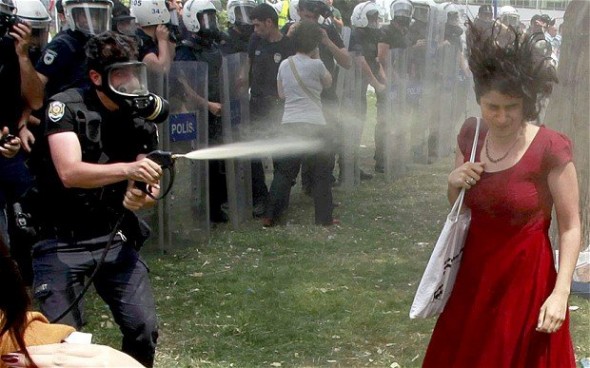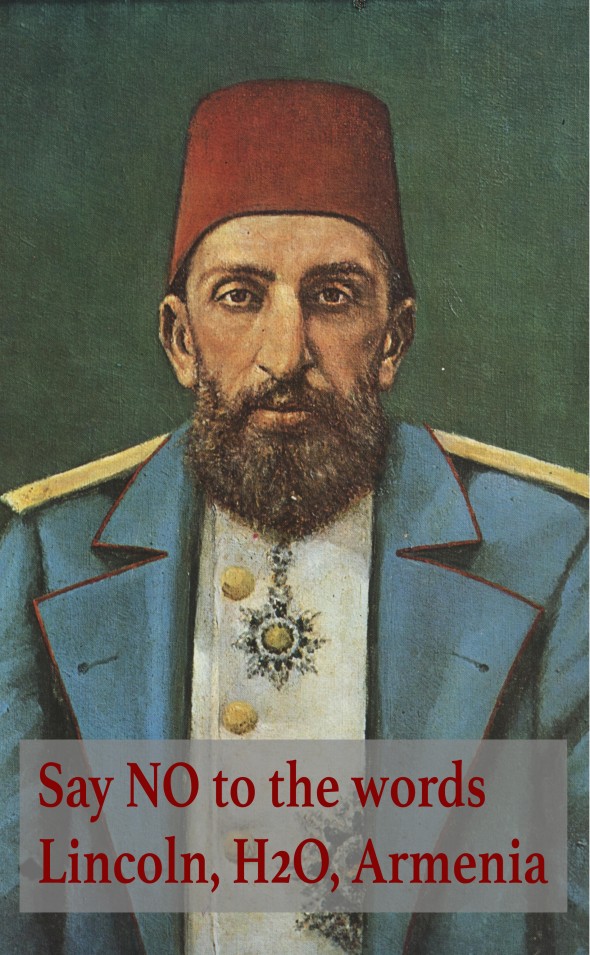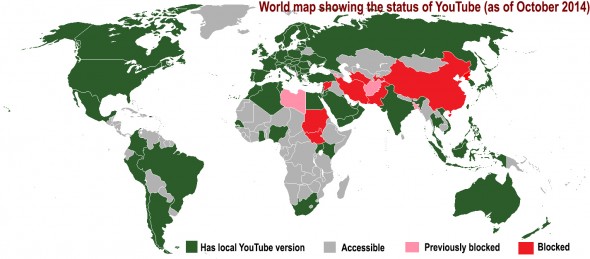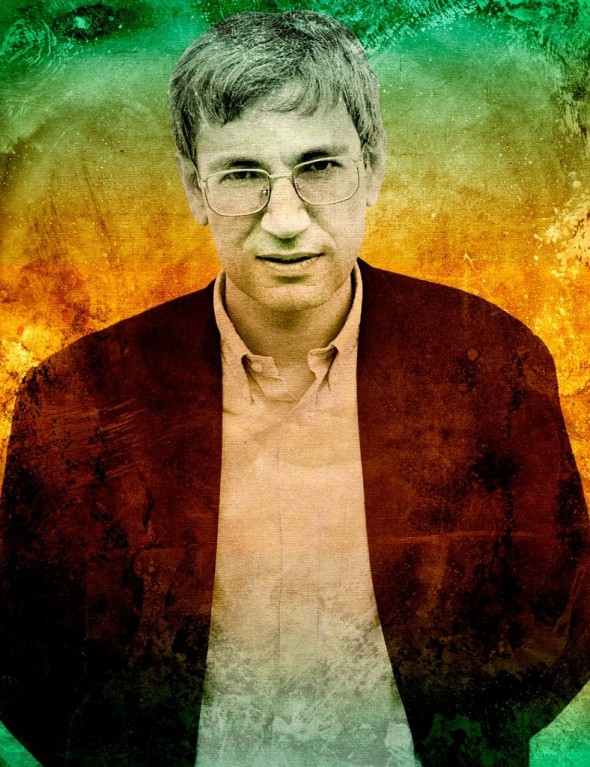“Social media is a menace to society” these are the words of Recep Tayip Erdogan (now the president of Turkey) who was the Prime Minister of Turkey when the events in Gezi Park started. In short, Gezi movement was a wave of demonstrations and civil unrest in Turkey that began on 28 May 2013, initially to contest the urban development plan for Istanbul’s Taksim Gezi Park. People using social media gathered in the Gezi Park to express their protest against construction of the new mall in the park.

That’s why Erdogan gave this statement about social media. This was a true touchstone for Turkish media – 153 journalists suffered while covering these events (arrests, forced resigns and attacks). There were enormous pressures on local media and attacks on foreign press reporters. Although this event was not a unique one in the Turkish history of media censorship. Traditionally, Turkish leaders (like many others in history) tried to avoid giving “additional” portion of information to the society. There are interesting historical examples starting from Sultan Hamid II, the ruler of Ottoman Empire. Here are the banned words that newspapers should not use.

Nation – not to remind other nation besides Turks
Obstacle – not to remind difficulties of the economy
Emancipation – not to give some hope for women in the Muslim country
Lincoln –not to remind about freedom of slaves
Armenian, Greek, Kurd – not to remind the biggest minorities
Brother – not to remind Sultan’s own brother who might become the next sultan
H20 – people may think that H-Hamid, 2 – The Second, is 0 – Nothing
This now sounds very strange but after 100 years it would be very strange that in Turkey YouTube was blocked. Not Only in Turkey. Here is the map of the world where YouTube had and has troubles.

In June 2014 YouTube ban was taken out but the Article 301 still remains in the Turkish penal code. Article 301 is a controversial article making it illegal to insult Turkey, the Turkish nation, or Turkish government institutions. Under this article fell all the journalists who try to criticize the Government and its actions.

Orhan Pamuk a Turkish novelist and recipient of the 2006 Nobel Prize in Literature was under this article in 2005. Pamuk was put on trial in Turkey after he made a statement regarding the Armenian Genocide in the Ottoman Empire. He has also been the target of assassination attempts. Another Journalist, editor-in-chief of the bilingual Turkish-Armenian newspaper Agos, Hrant Dink was prosecuted three times for denigrating Turkishness (Article 301).

Hrant Dink was assassinated in Istanbul in January 2007, by Ogün Samast, a 17-year old Turkish nationalist. This was shortly after the premiere of the genocide documentary Screamers, in which he is interviewed about the case against him under Article 301.
Edited by Tamara Kraus

I find the banned words very interesting, it seems odd that such common and simple words are banned because they are afraid that they may remind them of other things like other nations. The map you have showing all the nations who had Youtube banned or where it has previously been banned is very interesting, I had no idea that it was banned in so many places.
The amount of pressures journalists and editors face in other countries in incredible. Not only do they lack freedom of speech, but even the kind of speech. Certain words and YouTube are banned, and violence is committed against those who are merely expressing their opinion. It’s a shame.